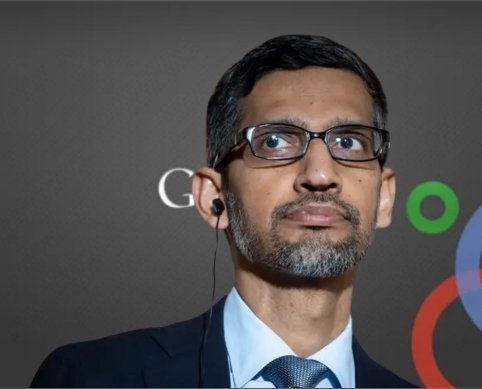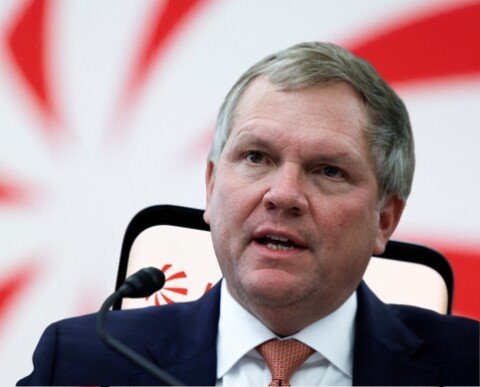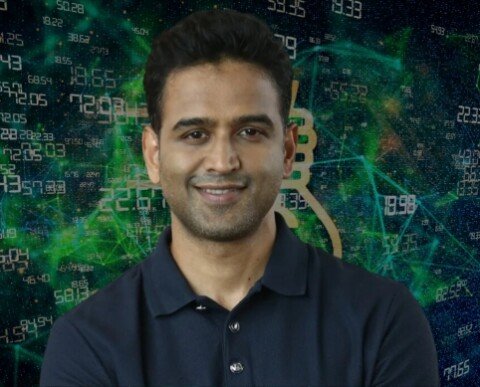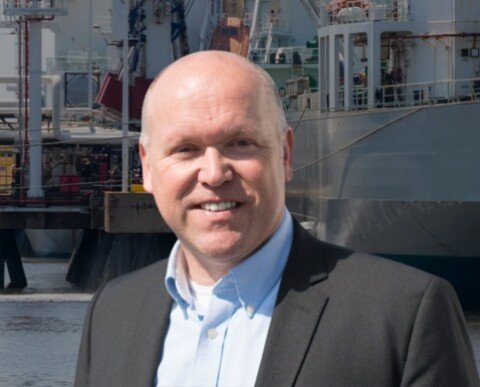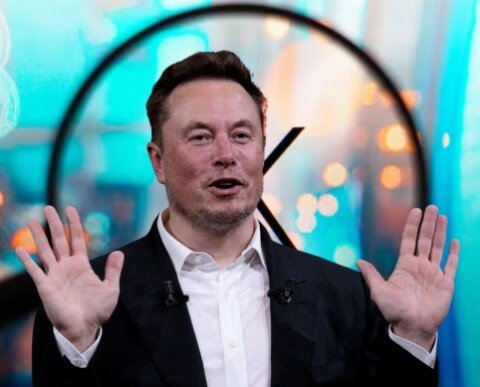Major tech companies like Google are betting on AI technology to generate billions in profits, investing significant resources into its development.
However, this rush to capitalize on AI raises important questions about who will benefit: Are we heading toward a future where everyone prospers, or one where the wealthy continue to amass wealth while the less fortunate stagnate?
Google’s CEO, Sundar Pichai, believes we are on a path to a more equitable and improved world.
At the Summit of the Future on Saturday, where global leaders convened at the UN headquarters in New York to discuss AI and other pressing issues, Pichai made a compelling argument for the advantages of AI. He highlighted four key areas where AI could advance the UN’s sustainable development goals, which consist of 17 objectives that represent a “shared blueprint for peace and prosperity for people and the planet,” as stated by the UN.
Accessing knowledge in their native language
According to Pichai, Google Translate now supports 110 additional languages and is aiming toward supporting 1,000 of the most widely spoken languages worldwide.
Accelerating the advancement of science
AlphaFold 3, developed by Google DeepMind and Isomorphic Labs, was introduced by Google in May. This model can accurately predict the structures of ligands, proteins, DNA, and RNA, marking a significant advancement in drug discovery.
Since then, Google has made AlphaFold freely accessible, with over 2 million researchers in more than 190 countries using it, including 30% from developing regions, Pichai mentioned. “AlphaFold is being utilized globally in research aimed at enhancing crop resistance to diseases, discovering new drugs for malaria vaccines, cancer treatments, and more,” he stated.
Mitigating climate disaster
He emphasized that AI enhances these technologies, providing “a boost in accuracy, speed, and scale.”
Pichai stated that Google’s Flood Hub system offers early warnings for climate disasters up to seven days in advance, safeguarding over 460 million people across 80 countries. Additionally, Google’s boundary tracking systems for wildfires are currently operational in 22 countries. Earlier this month, Google introduced FireSat, “a new global satellite constellation specifically designed to detect and track wildfires the size of a classroom within 20 minutes.”
Contributing to economic progress
Pichai stated that research indicates artificial intelligence (AI) might raise worker productivity globally by 1.4 percentage points and GDP globally by 7 points in the next ten years.

